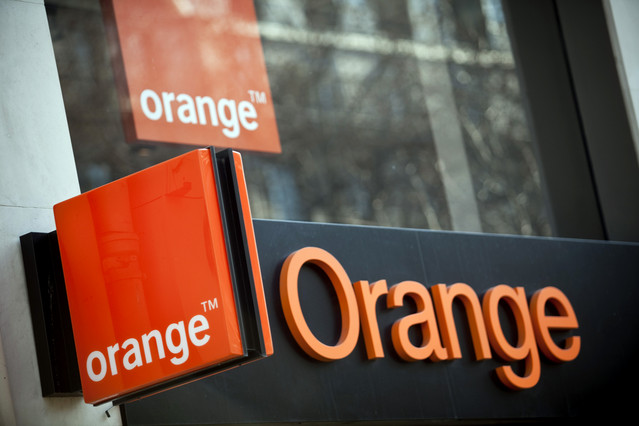
French telecom giant Orange has announced a partnership with OpenAl, backed by Microsoft, and Meta, the parent company of Facebook, to create advanced artificial intelligence models that better understand African languages.
Orange will leverage OpenAl’s Whisper and Meta’s Llama-open-source Al platforms that can be customized to address the lack of support for West African languages in existing Al systems. These new models aim to bridge a significant gap, as most current Al systems are trained predominantly on U.S sourced data, overlooking cultural and linguistic nuances from regions like Africa.
Speaking on this, Steve Jarrett, Chief Al Officer at Orange said,
Register for Tekedia Mini-MBA edition 19 (Feb 9 – May 2, 2026): big discounts for early bird.
Tekedia AI in Business Masterclass opens registrations.
Join Tekedia Capital Syndicate and co-invest in great global startups.
Register for Tekedia AI Lab: From Technical Design to Deployment (next edition begins Jan 24 2026).
“Having an open model, you’re able to do what’s called fine-tuning, where you introduce additional information to the model that wasn’t included when it was first trained. We’re adding the recognition of West African regional languages that are not understood today by any Al.”
This innovative project aims to develop custom-Al models capable of allowing customers to communicate naturally in their local languages with Orange for customer support and sales. These open-source Al models will also be provided externally by Orange with a free license for non-commercial use such as for public health, public education, and many other services. Orange intends to help drive Al innovation in these regional languages by collaborating on these new Al models with local startups and other technology companies, and by doing so, to mitigate the growing digital divide faced by people all across the African continent.
The initiative’s first phase, set for early 2025, will incorporate two widely spoken West African languages Wolof and Pulaar. Wolof is spoken by around 16 million people in Senegal, the Gambia, and southern Mauritania, while Pulaar is spoken by six million people, primarily in Senegal. The custom Al models will be shared externally under a free license for non-commercial applications, including in education and public health. Orange also plans to expand this initiative across all 18 West African countries where it operates.
In its contact centers, Orange has encountered challenges with Al systems failing to recognize or process regional languages. This project aims to address those limitations, improving customer interactions and communication. By fine-tuning leading AI models such as OpenAI’s ‘Whisper’ speech model and Meta’s ‘Llama’ text model with diverse examples of these languages, we will enable them to better understand these regional languages. Orange’s vision is to make AI and other related advances accessible to all, including illiterate populations, who are currently unable to benefit from the potential of artificial intelligence. The initiative is a blueprint for how AI can be used to benefit those currently excluded.
Orange’s initiative seeks to fill this gap, paving the way for more inclusive and culturally relevant Al systems. The company is focused on delivering ‘Responsible AI’, where it carefully chooses the most appropriate and simplest solution for each AI use case.


